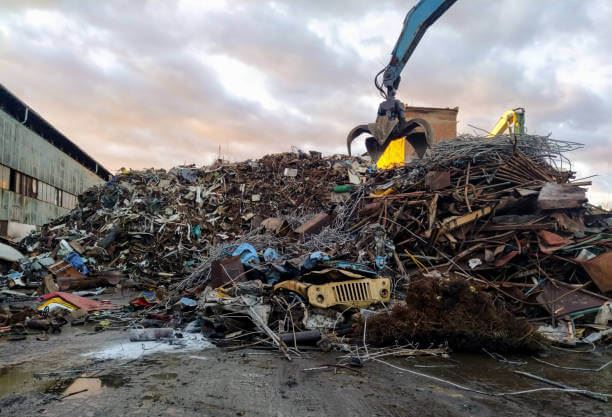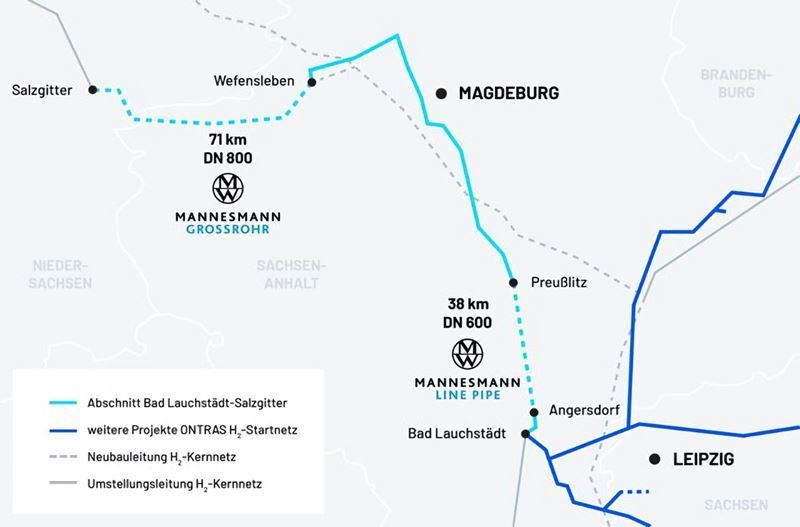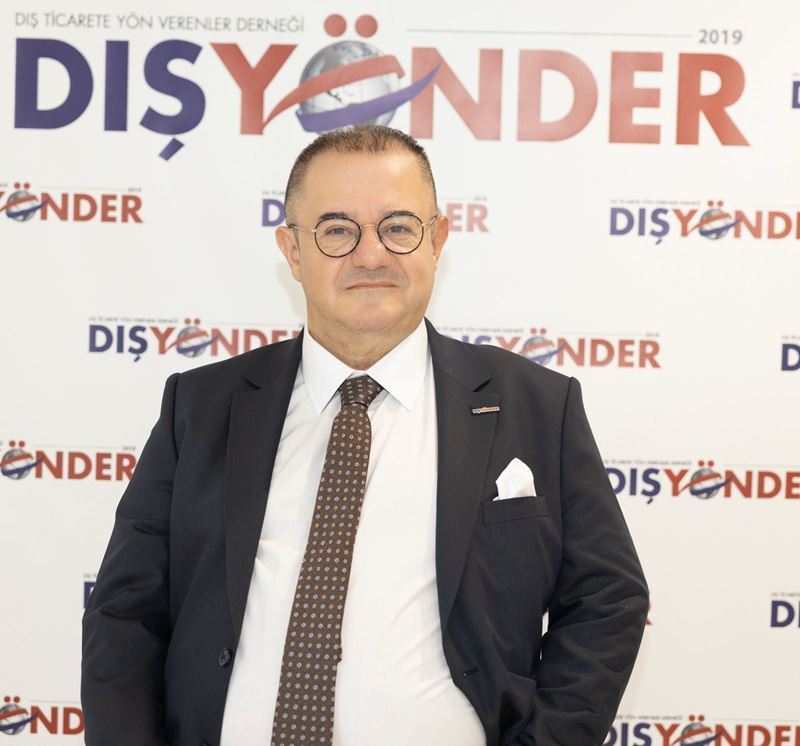Debate over the Preferential Price System (PPS) for scrap metal, a key input for South Africa’s steel production, is intensifying. On October 31, the International Trade Administration Commission (ITAC) published a new regulation in the Official Gazette, taking steps that directly affect the recycling and steel sectors. The move has drawn strong reactions from industry representatives.
South Africa’s three major recycling organizations the Recycling Association of South Africa (RASA), the Metal Recyclers Association (MRA), and the Scrap Recycling Coalition (SRC) jointly described the changes as “a betrayal of fair trade and economic justice.” ITAC Chairperson Ayabonga Cawe defended the changes as a “balanced solution,” but industry representatives argue that the decision disregards years of effort by recyclers.
The new PPS regulation reduces the discount for domestic ferrous scrap consumers from 30% to 25%, eliminates cash payments in favor of electronic transactions, and establishes an administrative body called the Technical Working Group (TWG). The associations argue that this small reduction favors small scrap-based steel plants and does not address structural inequities in the system.
“While it takes one person to melt a ton of steel, it takes a hundred people to collect, sort, and deliver that scrap. More than 400,000 scrap collectors are losing income due to low-price policies. This system distorts the economy in favor of a few special interest groups.”
Impact on Steel Production and National Industry
Industry representatives also criticize the continued requirement for scrap sellers to cover transportation costs, calling it a practice that increases regional inequalities. Donald MacKay, CEO of XA Global Trade Advisors, noted that recycling facilities outside Gauteng are disproportionately affected:
“A scrap yard in Kimberley cannot compete on equal terms with those in Gauteng. Producers in remote areas are effectively being penalized.”
ArcelorMittal South Africa (AMSA) has similarly pointed to the PPS as a major factor behind the closure of its Newcastle and Vereeniging plants. These closures are estimated to result in 3,500 direct and nearly 100,000 indirect job losses.
ITAC Chairperson Ayabonga Cawe responded to criticism, defending the regulation as a balanced approach despite not satisfying all parties:
“This decision will not completely satisfy anyone; but often, it is the best choice from a policy perspective.”
However, recycling and steel sector representatives maintain that the current PPS accelerates deindustrialization, undermines exports, and harms sustainable steel production goals in South Africa.











Comments
No comment yet.